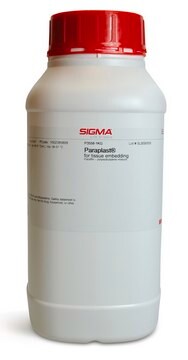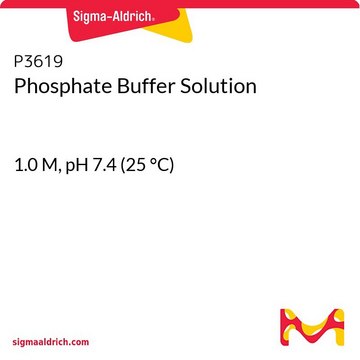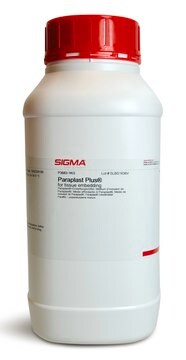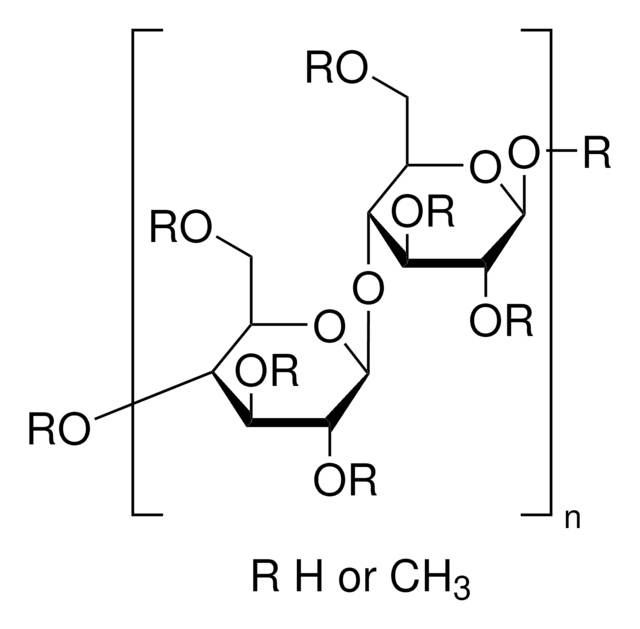ABS2123
Anti-PPOX
from rabbit
Synonym(s):
Protoporphyrinogen oxidase, PPOX
About This Item
Recommended Products
biological source
rabbit
Quality Level
antibody form
unpurified
antibody product type
primary antibodies
clone
polyclonal
species reactivity
mouse
species reactivity (predicted by homology)
human (based on 100% sequence homology)
packaging
antibody small pack of 25 μL
technique(s)
western blot: suitable
isotype
IgG
NCBI accession no.
UniProt accession no.
shipped in
ambient
target post-translational modification
unmodified
Gene Information
human ... PPOX(5498)
General description
Specificity
Immunogen
Application
Signaling
Quality
Western Blotting Analysis: A 1:500 dilution of this antibody detected PPOX in lystate from mitochondria isolated from differentiated DS19 cells.
Target description
Physical form
Storage and Stability
Handling Recommendations: Upon receipt and prior to removing the cap, centrifuge the vial and gently mix the solution. Aliquot into microcentrifuge tubes and store at -20°C. Avoid repeated freeze/thaw cycles, which may damage IgG and affect product performance.
Other Notes
Disclaimer
Not finding the right product?
Try our Product Selector Tool.
Storage Class Code
10 - Combustible liquids
WGK
WGK 1
Certificates of Analysis (COA)
Search for Certificates of Analysis (COA) by entering the products Lot/Batch Number. Lot and Batch Numbers can be found on a product’s label following the words ‘Lot’ or ‘Batch’.
Already Own This Product?
Find documentation for the products that you have recently purchased in the Document Library.
Our team of scientists has experience in all areas of research including Life Science, Material Science, Chemical Synthesis, Chromatography, Analytical and many others.
Contact Technical Service








